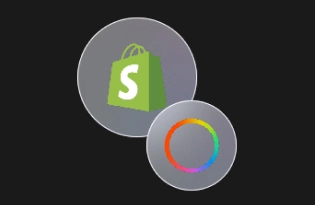Shopify Integration for Payoneer Checkout for Online Stores
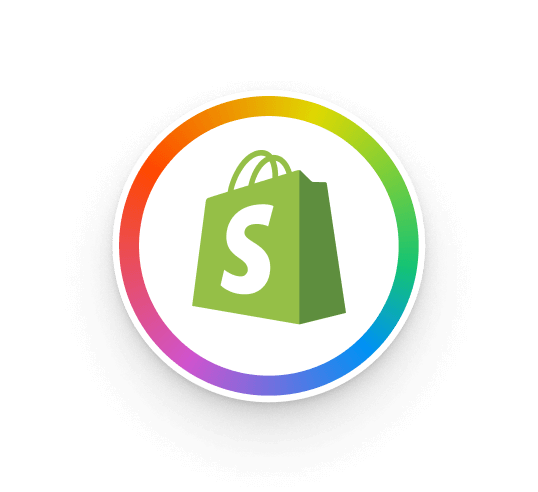
Four simple steps to sign up:
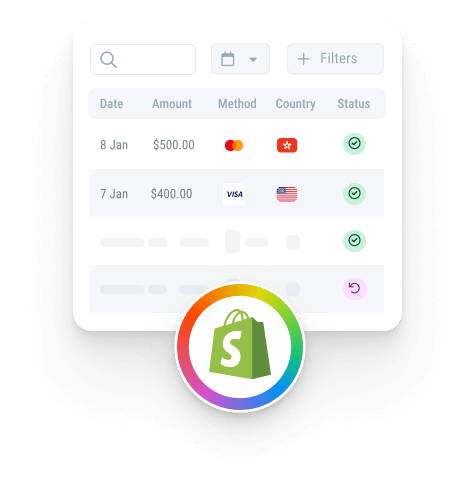
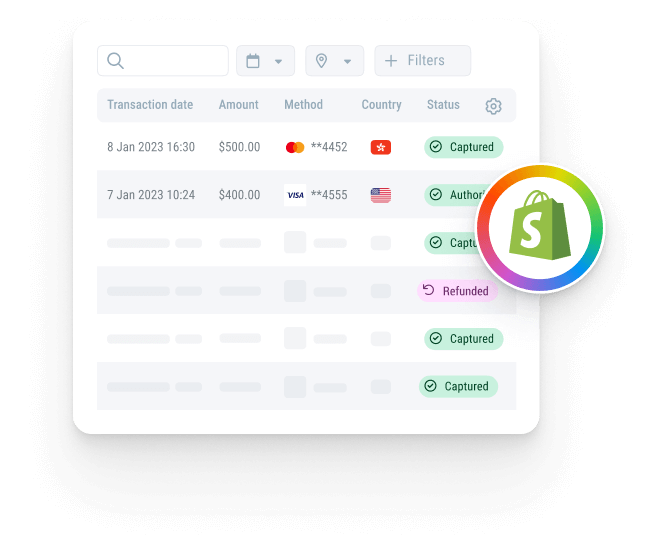
Why should you integrate Shopify with Payoneer Checkout?
There are many benefits to connecting your Shopify store with Payoneer Checkout, here are just some of the reasons why we’re the preferred choice for global SMBs.
- Fast setup
- Fast daily settlements
- Enhanced fraud prevention
- Local customer support
in your language
- Higher acceptance rates
- Increased cart conversions
- Chargeback assistance
- Transparent pricing
What Is Payoneer Checkout?
Payoneer Checkout is an end-to-end payments processing solution built for small to medium business owners with ecommerce stores.
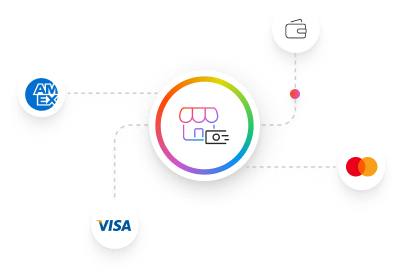
For merchants
Accept card payments (Visa, Mastercard, Amex) as well as local payment options in 120+ currencies from shoppers globally. By becoming a Payoneer customer, you also gain access to additional benefits such as localized support, favorable FX conversion fees, the ability to pay suppliers or quickly withdraw into your own local currency.
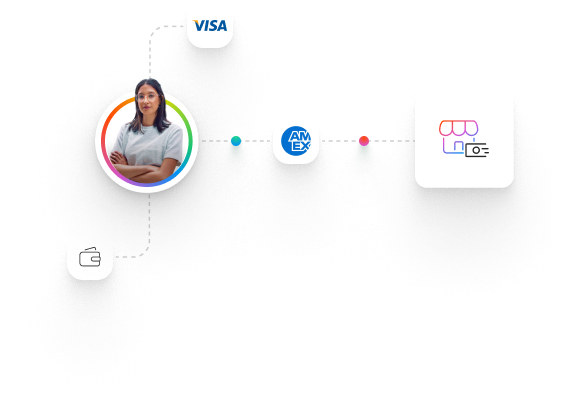
For merchant’s customers
Shoppers enjoy a well-designed payment flow that allows them to purchase the products or services in with their preferred payment method in their local currency. Checkout is also designed to fit and dynamically adapt to the shopper’s device (desktop, tablet or mobile)
What is Shopify?
Launched in 2006, Shopify enables merchants around the world to “sell everywhere”. This solution supports both in-person point of sale as well as online selling. For eCommerce, they provide drag and drop store builders, themes, performance dashboards alongside an app store to extend functionality.
Shopify powers millions of businesses in more than 175 countries and is trusted by brands such as Allbirds, Gymshark, PepsiCo, Staples, and many more.
Who is Shopify for?
Shopify counts among its current customer base, companies of all sizes. From the largest, Huel, Heinz, PepsiCo, to SMBs all around the world, they have solutions for both in person and online sales.

Shopify Resources
Frequently asked questions
For any issues relating to the installation or configuration of the Checkout plugin, contact Shopify for support.
If you have any issues with transactions, contact your account manager or reach out to our Customer Support team.
Dropping is thoroughly supported by Shopify. Aside from functionality and extensions to support dropshippers, they also provide extensive guides to setting up and growing your business.
Shopify have an extensive array of case studies, over 144 in total, which covers every industry from toys and games to automotive. Both enterprise and SMB use cases are catered to and migration from alternative platforms to Shopify is also covered.
Whilst Shopify enables the implementation of multiple languages and localization of stores, translations will either need to be managed by merchants or provided by supported third party apps.
Refunds can be managed through your Shopify admin. Here you can create and manage returns as well as refunding customers, either partially or fully.
Shopify offers unlimited products across its plans as standard. Whilst there are is a limit of 50 products you can display on a page, due to UX and performance considerations, there is no limit to the number of pages your site can have.
Shopify has state of the art servers and data centres around the world to ensure that stores stay online. They currently boast of 99.98% uptime.

